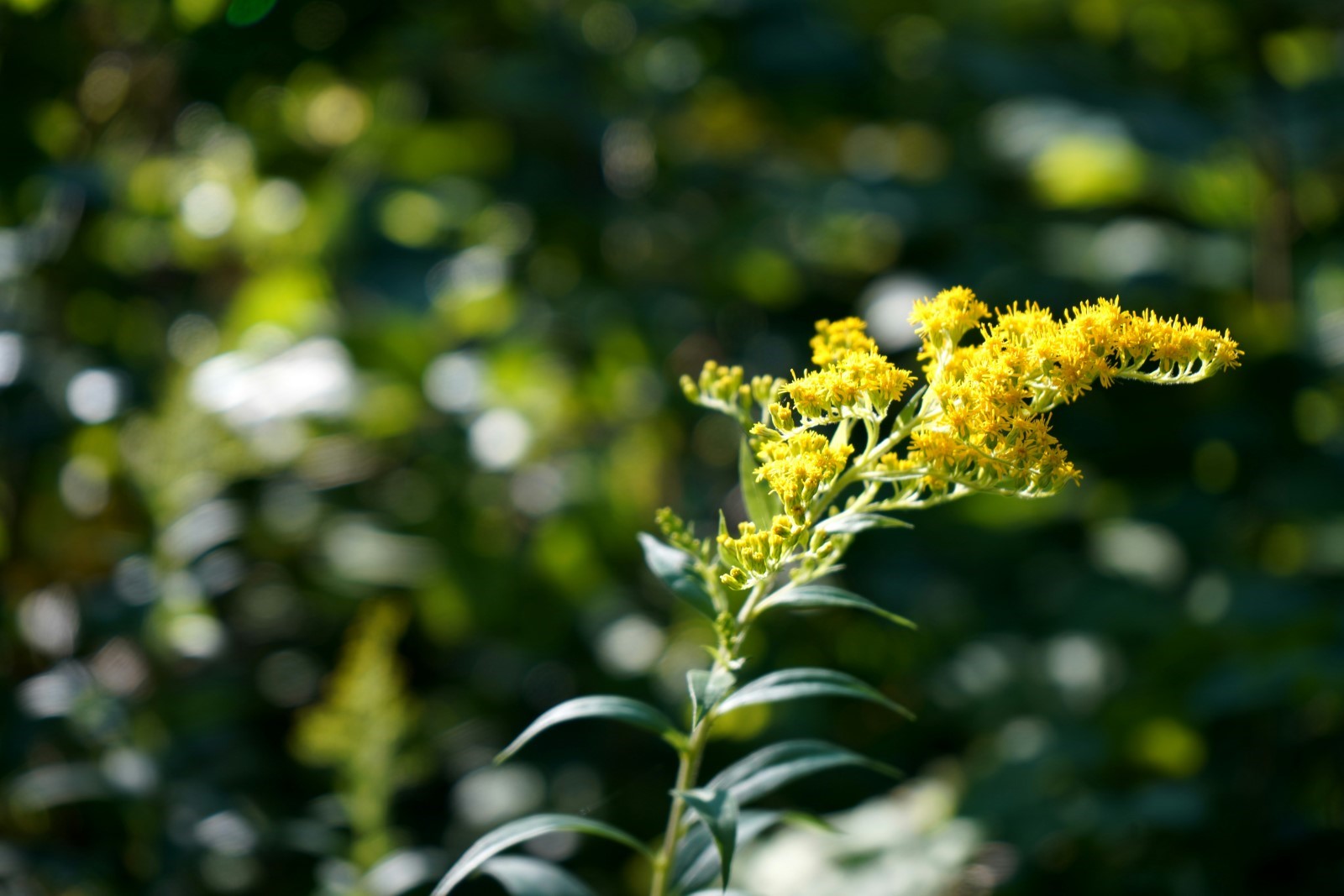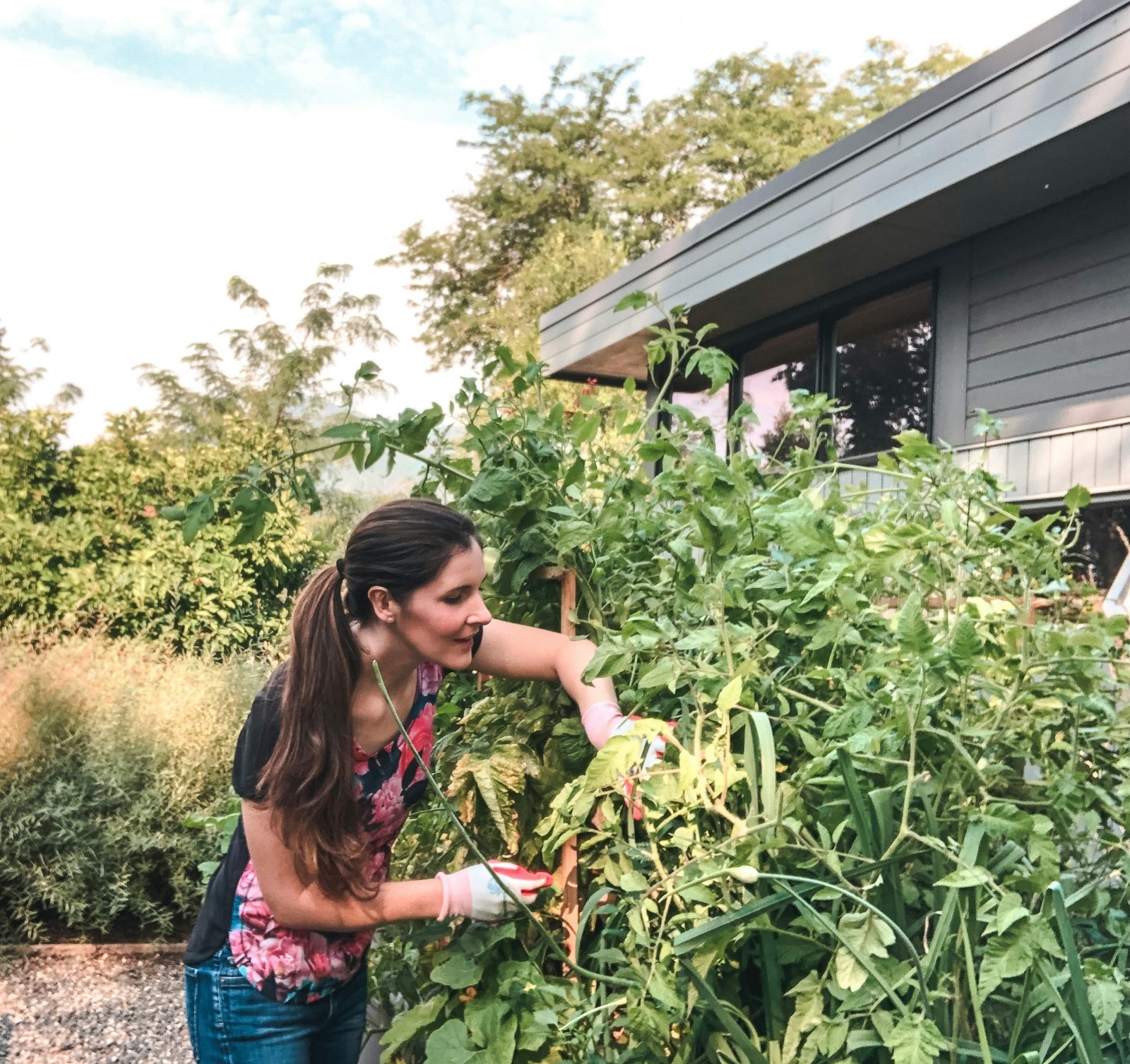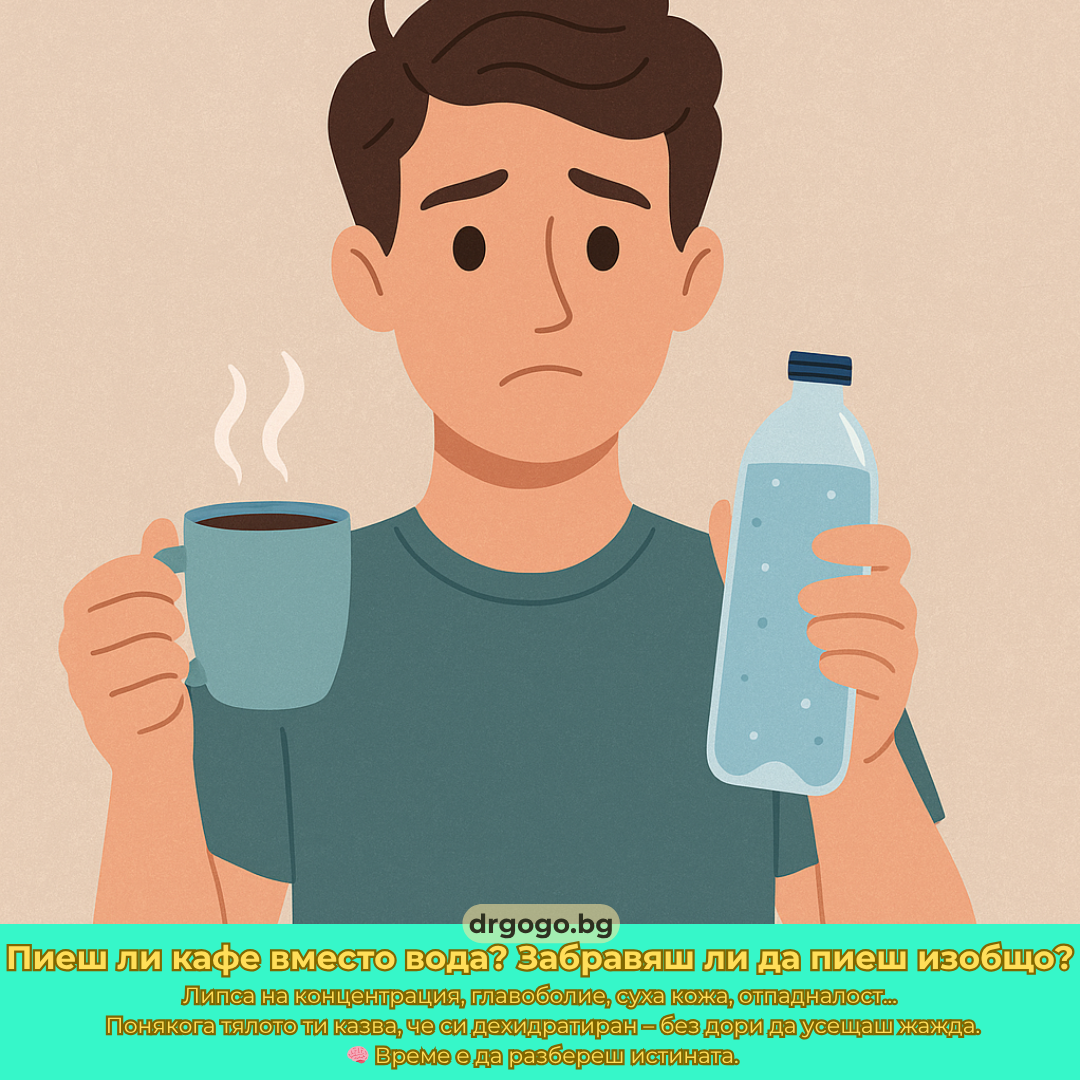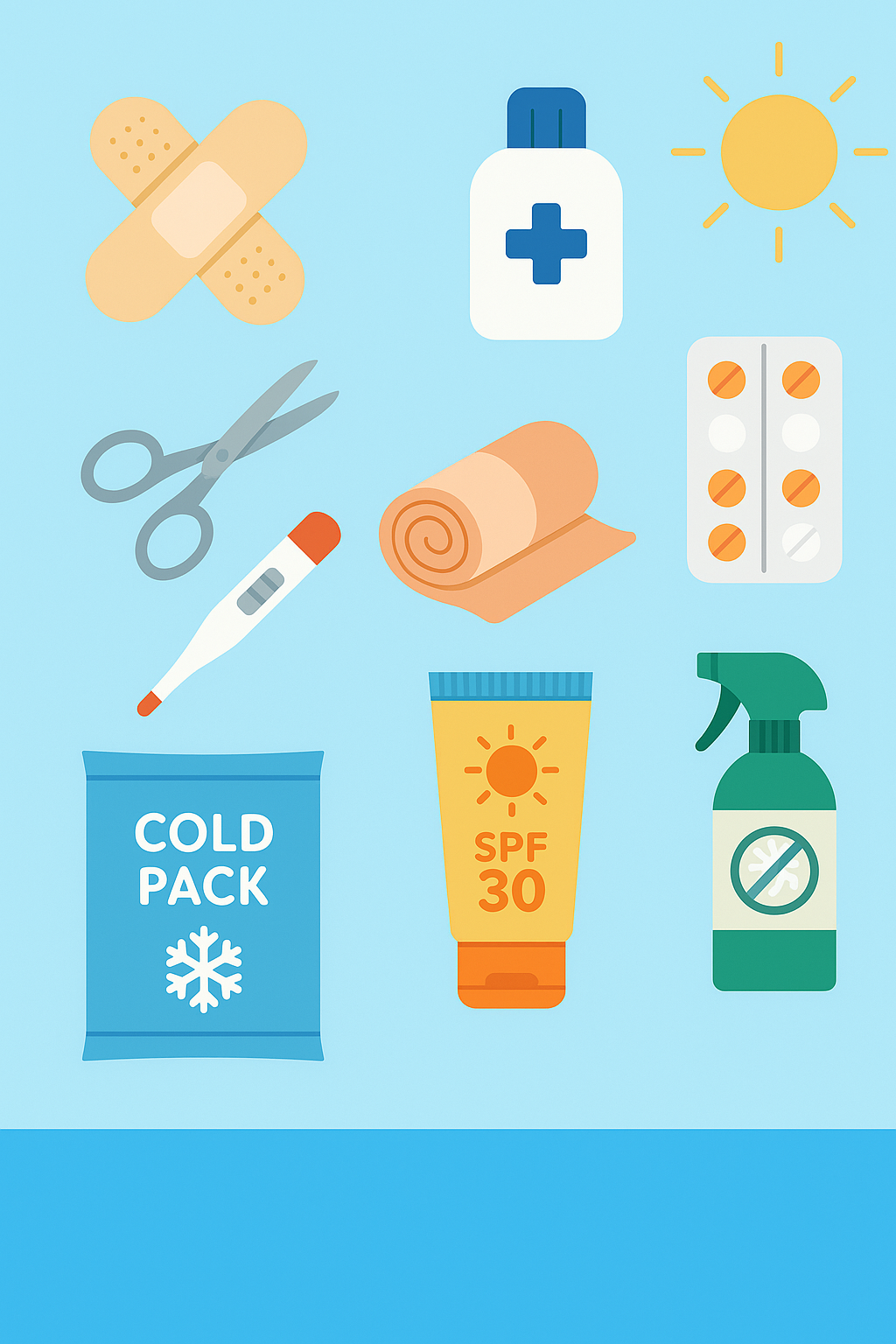Practical Tips for Coping with Everyday Health Issues – How to Ease Spring Allergies with Simple Strategies and Improve Your Health Daily
With the arrival of spring, as you may have read in one of our articles about hay fever, many people begin experiencing the season of coughing, sneezing, and runny eyes and noses. But beyond hay fever, there are other common allergies that also become more prevalent in spring. Let’s explore these allergies together, along with some useful advice on how to handle them.

Coping with Spring Allergies: Easy and Effective Tips
1. Hay fever (pollen allergy)
-
Monitor pollen counts through mobile apps or dedicated websites to plan your outings when pollen levels are lower.
-
Nasal rinses with saline twice daily help wash away allergens and ease breathing.
-
Antihistamines and prevention: Start taking them preventively 1–2 weeks before the season begins to be ready for the peak.
-
Immunotherapy: For severe seasonal symptoms, talk to an allergist about the possibility of “vaccines” (used here for simplicity) that gradually reduce your sensitivity to pollen.

2. Skin rashes (contact dermatitis)
-
Protective clothing: Wear long sleeves and gloves while gardening or walking in grassy areas to limit contact with allergens.
-
Cold compresses and soothing creams relieve redness and itching; antihistamines help reduce reactions internally.
-
Moisturize with hypoallergenic balms to strengthen the skin barrier and lower the chance of allergic rashes.
-
Shower immediately after being outdoors to remove residual pollen that could irritate your skin.

3. Oral allergy syndrome (cross-reactive reactions)
-
Peel and cook fruits and vegetables (apples, carrots, celery) to break down/remove allergens so you can eat them without discomfort.
-
Avoid raw fruits during peak allergy seasons – especially for those allergic to birch pollen, as apples, pears, and peaches may cause oral irritation.
-
Drink compotes or juices instead of eating raw fruits – heat destroys many allergens.
-
Consult an allergist for testing if reactions are strong or spreading, to clarify which foods cause your symptoms.

4. Insect sting allergies
-
Wear light-colored clothes and avoid perfumed or floral-scented cosmetics outdoors – they attract bees and wasps.
-
Avoid sudden movements when near insects and move away slowly and calmly.
-
First aid: Remove the stinger gently, wash the area with soap and water, apply a cold compress and calamine lotion.
-
Emergency situations: If there’s difficulty breathing, widespread rash, or vomiting – call 112 immediately. Always carry an epinephrine auto-injector if you’ve had severe reactions before.

Top 4 Daily Allergy Tips:
-
Plan outdoor activities based on the pollen index.
-
Wash your skin and clothes quickly after time spent outdoors.
-
Stay well-hydrated – more water helps your mucous membranes and skin.
-
Take medications preventively and consult an allergist if needed.
Final Thoughts
Spring is a time for energy and new beginnings. At DrGoGo, we know that spring allergies can keep people from fully enjoying the season, bracing themselves for the next flare-up. But with a little care and these simple steps, you can minimize allergy symptoms and enjoy every sunny day.

💬 Share your own allergy tips in the comments and subscribe to DrGoGo for more practical health advice!




Comments